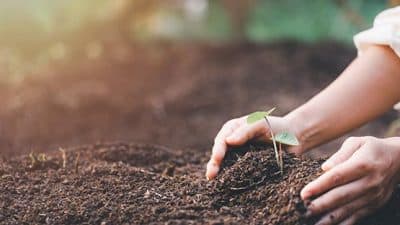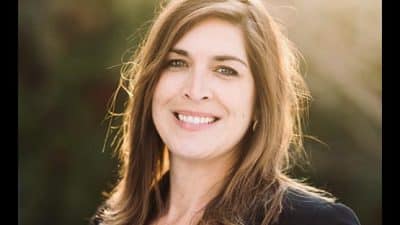
Wherever sexual abuse is uncovered, the people closest seem to feel the need to take sides. Either the perpetrator is seen as an evil, irredeemable person or (what happens more often) the victim is seen as a troublemaker, confused or just plain lying. We simply do not seem to know how to support, believe, and get help for the victim, while at the same time hold the offender accountable and also have the compassion and forethought to help them.
Don’t get me wrong, the offender does need to be held accountable for his/her crimes which may include incarceration, sex offender registry, limited mobility and other losses to personal freedom. They also need to acknowledge what they have done and have a desire to change. But without support from family, friends and community members the offender is unlikely to succeed. Shunning and isolating a person at risk of offending does not help them as they try to rebuild their lives free from abusing children.
This idea of teaching people how to support both the victim and offender at the same time is something we support at the Collins Center. When both parties are in the same family this may be the only way to prevent tearing families apart, and when 85% of children are victimized by someone in their own family then this is truly the only way. In my experience working with hundreds of victims and their families, this is also the best way for victims to get support and protection.
The idea of a stranger sneaking into window at night or lurking around at a park only to steal a child is not the statistical reality of who is abusing children. It is our brothers, fathers, teachers, uncles, step-parents, pastors, and yes our football coaches. These are people who are loved and admired by many, which is why we sometimes have such a hard time believing they could do such horrible things. Sex offenders are not just creepy, dirty, scary looking men. They most often look like any ordinary or even upstanding citizen.
Neither should a victim’s stories be kept secret from other family members. In order to protect children within a family, all the adults should know if there is a person at risk to offend and that person needs to know that their actions are no longer a secret and that others are watching. This helps hold a recovering person accountable and makes it less likely that they will re-offend.
If Coach Sandusky had seen examples of sex offenders who had gotten treatment, and who had been supported in their recovery, then maybe he would have sought help in 1998. He admitted to a boy’s mother then, that he showered with him and other boys and promised to never do it again, saying “I was wrong. I wish I could get forgiveness. I know I won’t get it from you. I wish I were dead.” If there had been another compassionate adult that could have helped him to seek treatment or had he been forced to by the legal system, who knows how many boys this could have prevented from being his victim?
It is every adult’s responsibility to protect children, to confront sexually abusive behaviors in others, and to report suspicions of abuse. When adults learn how, and take it as their role, to prevent child sexual abuse, we have a chance at stopping this pervasive epidemic. One that affects 1 in 4 girls and 1 in 6 boys before the age of 18.
Gianna Gariglietti is the executive director of The Collins Center in Harrisonburg. Online at www.TheCollinsCenter.org.










